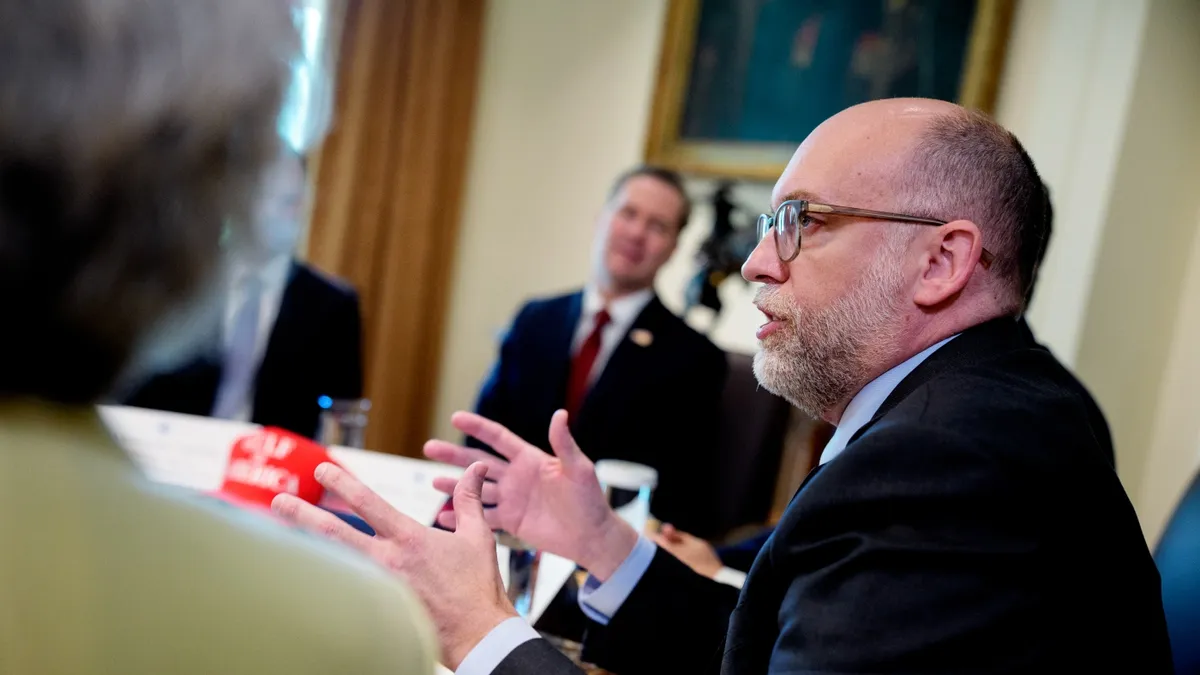
President Trump is preparing to unveil a significant budget proposal, aiming for a total of $163 billion in cuts to non-defense discretionary spending for the fiscal year 2026. This proposal, often referred to as a "skinny budget," is expected to be announced later today. The cuts specifically target spending that Congress authorizes each year and do not include essential safety net programs such as Medicare, Medicaid, and Social Security.
These proposed cuts, first reported by the Wall Street Journal, represent a staggering 22.6% reduction in projected spending for the current fiscal year. A spokesperson from the White House Office of Management and Budget, who wished to remain anonymous, confirmed the details ahead of the official budget proposal release. This skinny budget serves as a concise summary of budget priorities that presidents typically release during their first term, setting the stage for a more comprehensive budget that includes all spending and revenue projections.
While it is Congress' responsibility to appropriate funds, the president is legally mandated to submit a budget proposal each year. It is important to note that this proposal is non-binding; it acts more as a list of the president's policy priorities, complete with price tags. Although Congress is not obligated to adhere to the president's requests, this particular budget proposal may carry more significance than usual. The current Congress has shown a tendency to align with President Trump's objectives, a shift from previous years.
Jessica Riedl, a budget expert from the right-leaning Manhattan Institute, notes that Trump holds a stronger influence over the Republican Congress now than he did in 2017. With Republican majorities in both houses—albeit slim—Trump's leadership has reshaped the party. His prominence in primaries and the respect lawmakers have for his authority may lead Congress to be more receptive to his budget proposals.
Another crucial aspect to consider is the cost-cutting initiative known as the Department of Government Efficiency (DOGE). This program has been actively working to reduce government spending without the need for Congressional approval. According to Riedl, DOGE has already started implementing spending savings that are expected to be enacted unilaterally. Consequently, President Trump's budget proposal may serve as a preview of the initiatives DOGE plans to pursue, regardless of Congressional action.
This story is still developing, and updates will be provided as more information becomes available. As President Trump continues to navigate budgetary challenges, the implications of his proposed cuts could have far-reaching effects on federal spending priorities for the coming years.